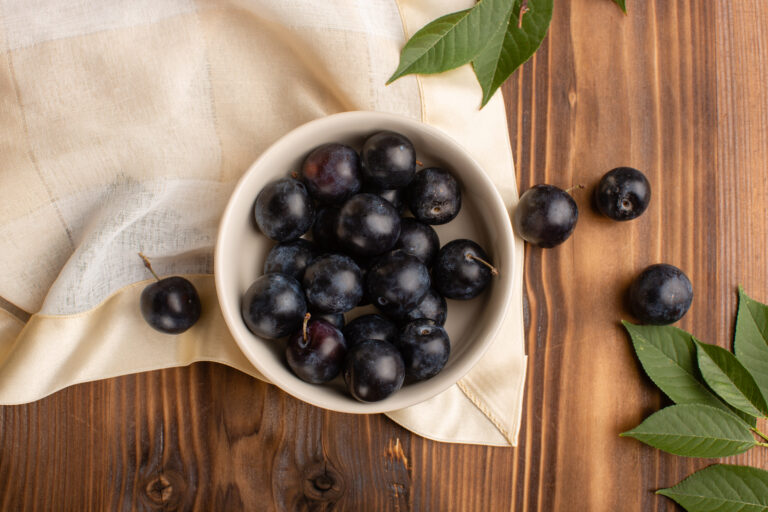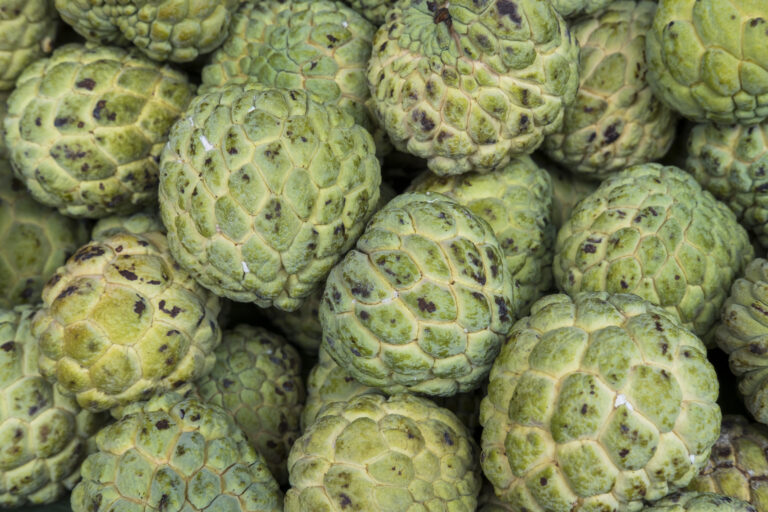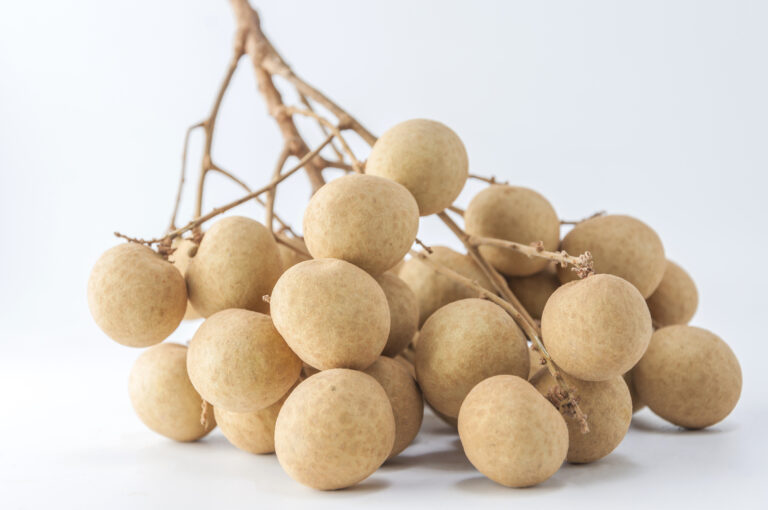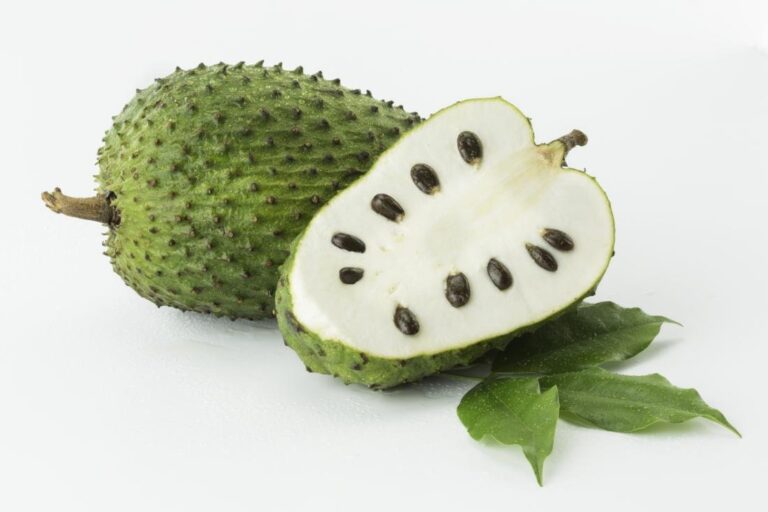Overview
Kiwano melon, also known as horned melons or African horned cucumbers, are unique fruits that belong to the cucumber and melon family. The scientific name for the kiwano is Cucumis metuliferus. The fruit is native to Sub-Saharan Africa and is characterized by its spiky, orange or yellow outer skin and vibrant green, jelly-like interior.
One of the most distinctive features of the kiwano melo is its spiky, horned exterior. The skin is typically covered with small, sharp thorns, giving it a somewhat intimidating appearance. Despite its spiky exterior, the fruit is relatively easy to handle once you know how to cut into it. Inside, the flesh is filled with a translucent, emerald-green, jelly-like substance studded with seeds.
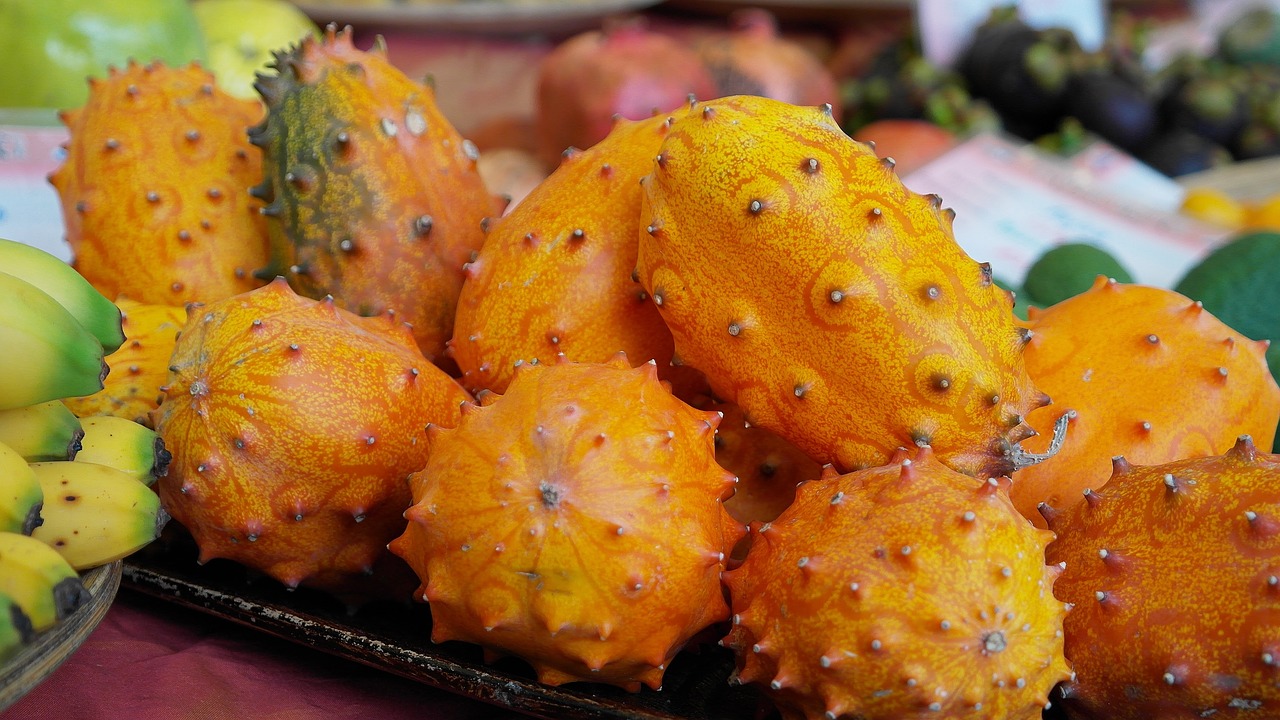
Nutritional Content
The nutritional content of kiwano melons can vary based on factors such as size, ripeness, and growing conditions. The values provided below are approximate and based on a typical serving size of 100 grams:
- Calories: Approximately 44 calories
- Water Content: Around 92 grams, contributing to the hydrating nature of the fruit.
- Carbohydrates:
- Total Carbohydrates: Approximately 9.2 grams
- Dietary Fiber: Roughly 3.6 grams, promoting digestive health.
- Sugars: About 3.6 grams, which are naturally occurring sugars.
- Protein: Approximately 1.8 grams, including proteins from both the flesh and seeds.
- Fat:
- Total Fat: Approximately 1.3 grams
- Saturated Fat: About 0.6 grams
- Vitamins:
- Vitamin C: Around 13.3 milligrams, providing immune support and antioxidant benefits.
- Vitamin A: Approximately 0.5 milligrams, contributing to vision and skin health.
- Minerals:
- Potassium: Roughly 96 milligrams, important for heart and muscle function, and maintaining fluid balance.
- Magnesium: Around 13 milligrams, playing a role in various physiological processes.
Additionally, the seeds of kiwano melons are edible and add extra nutritional value, including healthy fats and additional protein.
Health Benefits of Kiwano Melon
Certainly! Let’s expand on the health benefits of kiwano melons in more detail:
1. Rich in Antioxidants
Kiwano melons are a powerhouse of antioxidants, boasting a significant content of vitamin C and other phytochemicals. These antioxidants play a crucial role in neutralizing harmful free radicals in the body, thereby reducing oxidative stress.
By combating oxidative stress, kiwano melons contribute to cellular health and may help in preventing or mitigating conditions associated with oxidative damage, such as inflammation and chronic diseases.
2. Immune System Support
The robust vitamin C content in kiwano melons makes them a valuable ally in supporting the immune system. Vitamin C is well-known for its role in enhancing the production and function of white blood cells, pivotal components of the body’s defense mechanism.
Regular consumption of kiwano melons can aid in fortifying the immune system, potentially reducing the risk and severity of infections and illnesses.
3. Hydration
Kiwano melons are not only enticingly exotic but also highly hydrating, thanks to their water content, which hovers around an impressive 92%. Adequate hydration is fundamental for various bodily functions, including digestion, nutrient transportation, and temperature regulation.
Incorporating kiwano melons into your diet can be an enjoyable way to stay hydrated, especially during warm weather or intense physical activity.
4. Digestive Health
Beyond their intriguing appearance, kiwano melons contribute to digestive health due to their rich dietary fiber content. Fiber is essential for maintaining optimal digestive function by adding bulk to stool, promoting regular bowel movements, and preventing constipation. Additionally, a diet high in fiber supports a healthy gut microbiota, fostering the growth of beneficial bacteria that play a role in overall digestive well-being.
5. Heart Health
Kiwano melons contain potassium, a vital mineral associated with heart health. Adequate potassium intake helps regulate blood pressure, reducing the risk of hypertension and related cardiovascular diseases. By including kiwano melons in your diet, you contribute to the promotion of cardiovascular well-being, supporting a healthy heart and circulatory system.
6. Weight Management
The nutritional composition of kiwano melons makes them a favorable choice for those focusing on weight management. The combination of dietary fiber, low-calorie content, and high water content contributes to a feeling of fullness, potentially curbing overall calorie intake.
As a nutritious and satisfying snack option, kiwano melons can be a valuable addition to a balanced diet aimed at weight control and overall well-being.
In conclusion, the myriad health benefits of kiwano melons extend far beyond their distinctive appearance.
I hope you got the answer to your query. Also, check out 7 high carb low fat foods.




